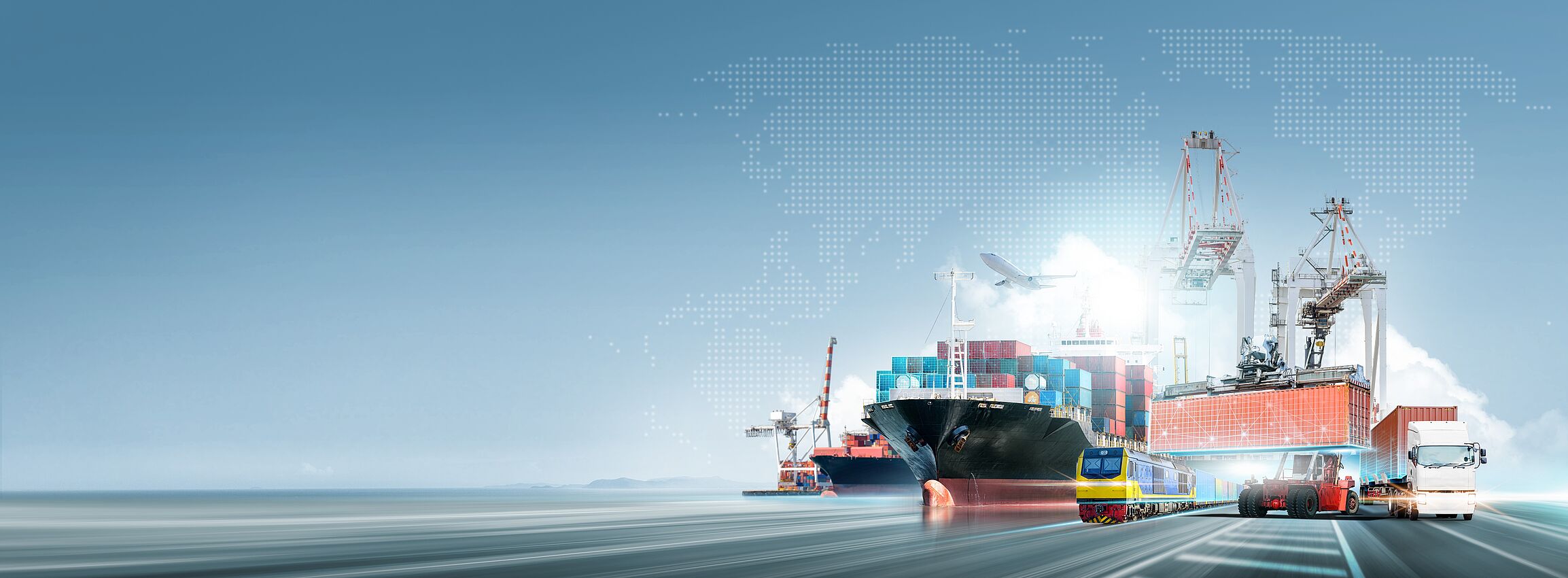SAP US re-export
Automated compliance with US re-export regulations
When is a product manufactured abroad, e.g. in the EU, controlled under US law? Where and to whom may it be delivered? Compliance with US re-export control regulations presents many German companies with major challenges. Because those who export are faced with a complex export control process.
Compared to other countries, the German economy is heavily dependent on the export of its goods. Due to mutual interdependencies in the economy, U.S. export control law is one of the relevant international rules.
To protect national security, the United States has enacted extensive controls that include re-exports of U.S. goods abroad. Although it is not possible to enforce compliance with U.S. re-export control regulations in Europe, non-compliance can result in severe sanctions: an entry in the U.S. government's blacklist - or even exclusion from trade in U.S. products.
Does your company sell products with a share of US goods?
Technologically high-quality goods often contain intermediate products with a country of origin in the USA. A company trading in such goods must ensure that they are not exported to critical countries later on.
The regulations of the US re-export control must be taken into account if US goods are further exported in unchanged or only slightly changed condition. However, U.S. export control law also applies to U.S. goods, technology and software that are incorporated as components in other products that are exported. This applies regardless of the origin of the total product to be exported and regardless of the location of the company. Even though U.S. re-export controls are about meeting U.S. requirements, these controls are important to you if you supply critical countries.

Our customers:









SAP GTS US-Reexport - Manage and monitor export activities in global trade
Since the calculation of re-export-relevant product shares is based on production parts lists, due to the high effort involved, a value-retaining determination can only be carried out with an IT-supported tool - with SAP GTS US-Reexport.
In this calculation, re-export-relevant shares in products manufactured in-house are determined. The system checks on a transaction-by-transaction basis to what extent the value share of a product exceeds the limit for control relevance and therefore an additional export license is required. With export control in the sense of US export control law, you as an exporting company ensure that this process, which is fully integrated into the logistics chain, has no gaps with regard to US law.
These are the advantages of using the SAP GTS US re-export control
- Automated checking of master and transaction data in sales and distribution
- Consistent, simple and transparent calculation based on parts lists and monitor views
- US re-export control is fully integrated with SAP shipping processes

You should ask yourself these questions:
Because the United States assumes the extraterritorial validity of its export regulations and threatens to impose sanctions in the event of violations, many companies are uncertain whether and under what conditions they have to comply with U.S. re-export control regulations. For clarification you should ask yourself the following questions:
- Does your company re-export goods originating in the USA?
- Do you export goods using materials of US origin?
- Does your company have parent or subsidiary companies in the USA?
